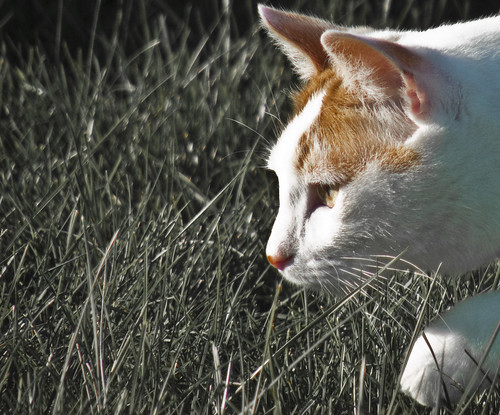
My Dan Pink sentence, finally. Because I like to think that journeys matter more than destinations, as does finding and following your pace of life.




"Let’s say I’m captivated by a painting in a museum. We would immediately conclude that what I’m doing here is visual. However, I am probably also feeling, thinking – not only creatively but also logically about what I’m seeing -, maybe even hearing sounds that come to me from the image. Therefore, I would not solely be relying on my visual domain."
"…offer a wide range of styles and use diverse teaching tools then we will be reaching all of our students. We can provide visual, auditory and kinaesthetic means simultaneously, we can supply concrete experiences, creative play and active learning opportunities. The best way to do this is in holistic ways using songs, dance, drama and art. By making it memorable and fun, we will grasp our students’ attention and interest, they will become involved and hence, they will learn."Makes me think a bit about children and adults though. Little children are so open, so direct. They jump in with both feet – or shamelessly ignore you if you fail to attract their attention. They say what they think. As adults, on the other hand, we tend surround ourselves with protective walls – think politeness and decency, saving faces, keeping appearances… We tolerate things we hate. And are generally way more hesitant to open up our hearts - doorkeepers of our minds.
